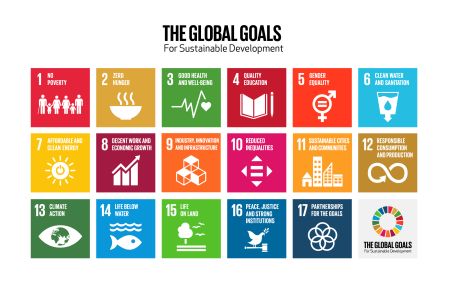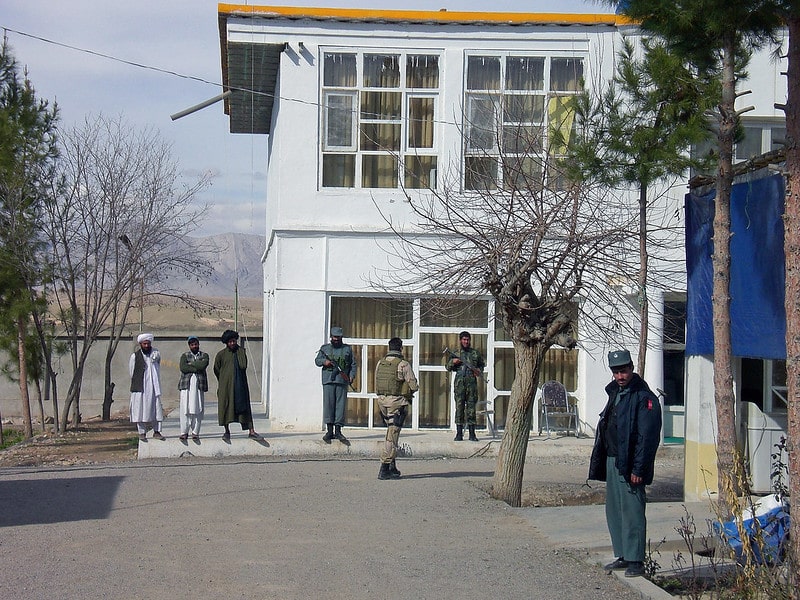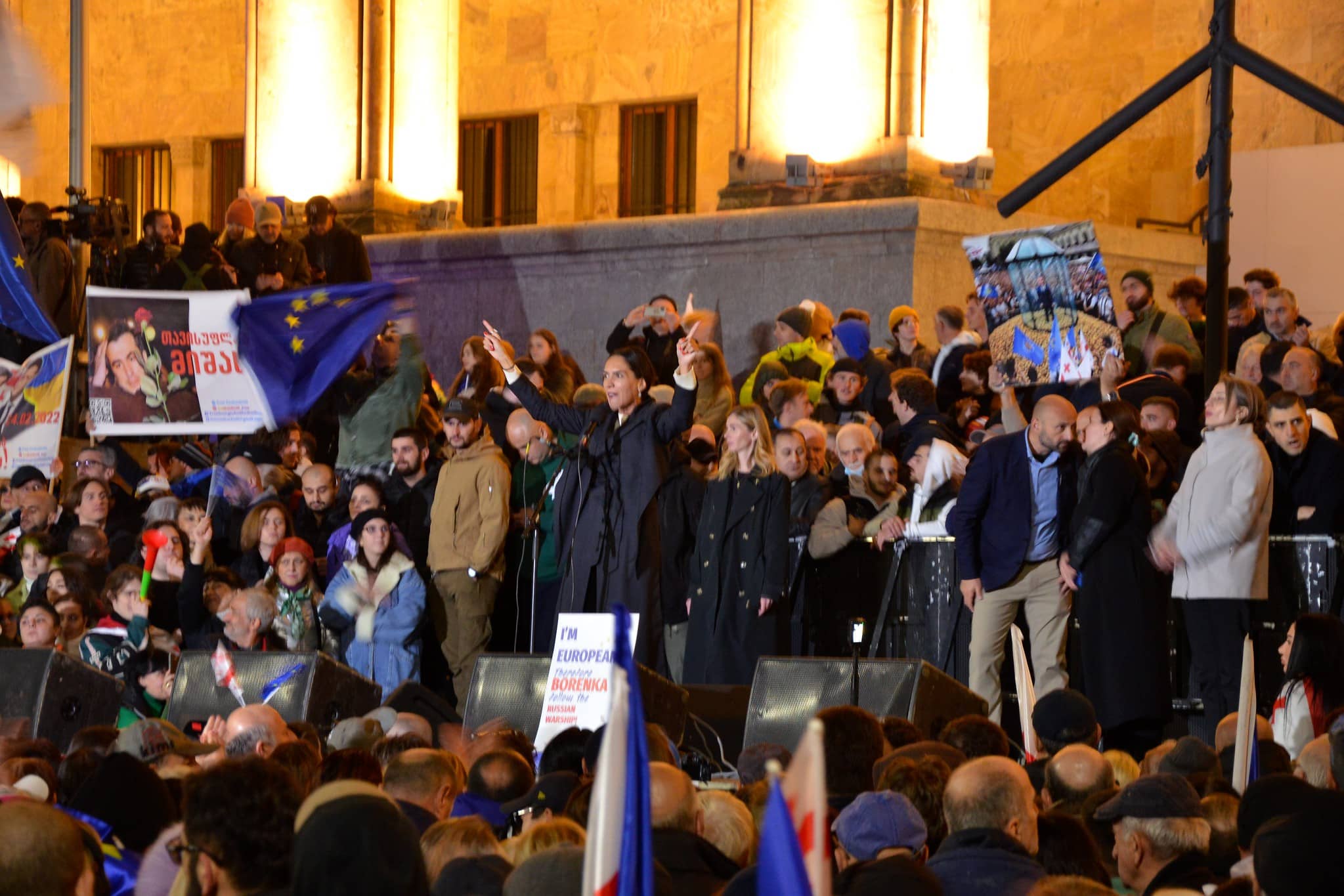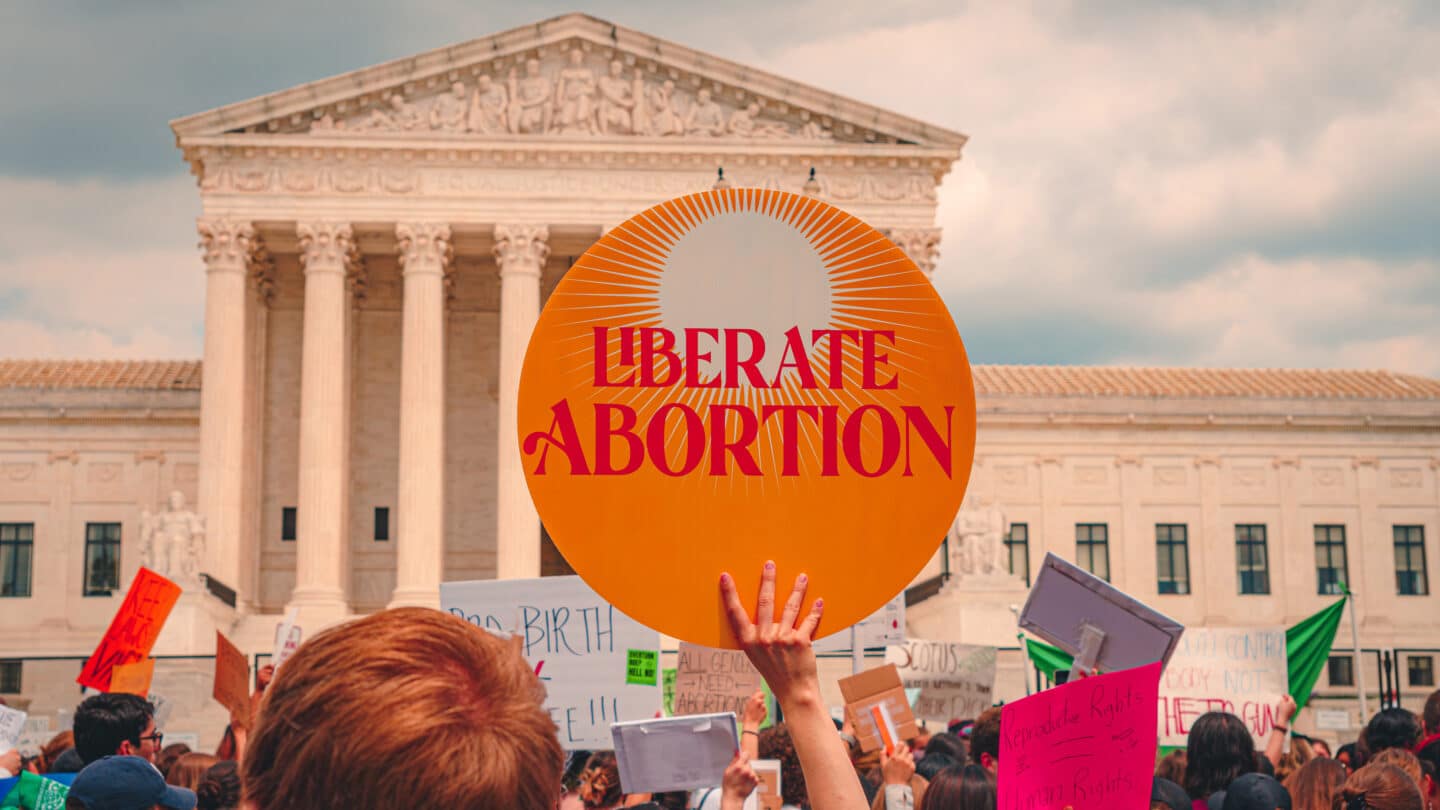7 March, at the initiative of Partos, MVO Nederland and the SDG Charter, a dynamic group of people met in Nieuwspoort to discuss how sustainable the current response agreement actually is. After 436 organisations and companies called on the Rutte III government in 2017 to include the Sustainable Development Goals (SDGs) in the coalition agreement, the yield seemed extremely meagre. There is exactly one reference to the SDGs in the coalition agreement, under the heading development cooperation. This while the SDGs are universal and therefore also simply apply to the Netherlands. So it is up to the rest of the country to hold up this mirror to the Dutch government.
The state of play
Opening speaker Christiaan Rebergen, Director-General of International Cooperation, sees the SDGs as a starting point against which we can measure ourselves. He stressed that the SDGs are not just sustainability goals or merely revolve around development aid, as it is about all of us.
The opening message was followed up by the official presentation of the new CBS report showing the state of the Netherlands against the SDGs. CBS came up with a remarkably positive story. The Netherlands scores high on a number of SDGs compared to the rest of Europe. For instance, there is relatively little poverty, we handle raw materials better than our neighbours and crime has never been so low. Yet there are also key SDG indicators where the Netherlands lags significantly behind. Gender inequality, especially in business, is still huge. Nor is the climate doing much better than before. Organic farming is still underdeveloped and the energy transition is almost at a standstill.
Energy commissioner Ruud Koornstra denounced the report. The proponent of a revolutionary energy policy wondered how we can continue to tell a positive story when we are still lagging behind in so many areas. The SDGs should be a guide to improving the world. With all the knowledge, entrepreneurship and money in the Netherlands, we can make a paradise on earth, according to Koornstra. The inspired speaker closed by referring to a passage from Dante's Inferno, in which the author describes a special place in hell for people who had a solution to a problem but did nothing about it.
Realistic look
Chairman of the Social and Economic Council and Rabobank board chairman Wiebe Drayer and Mayor of Oss Wobine Buijs-Glaudemans brought a more realistic view of the SDGs. According to the speakers, big mountains are being moved. In Oss, there are several initiatives to pull the Brabant city's economy out of the doldrums using the SDGs. Rabobank is committed to achieving SDGs globally. Many companies are also changing their business practices based on the SDGs.
However, there are still major challenges to monitoring and achieving the goals. Drayer talked about the lack of an "owner" of the SDGs: There is no minister or department in the Netherlands responsible for achieving the goals. This creates policy incoherence. While we take a step forward on one goal, we take two backwards on another.
Politics
In the second part of the meeting, politicians had their say. For instance, Lower House members Isabelle Diks (GroenLinks) and Kirsten van den Hul (PvdA) spoke about the SDGs at the global level. The confrontation between the MPs, Wiebe Drayer and Danielle Hirsch initially seemed to underline the dichotomy that politics and business do not share the same goals with regard to the SDGs. Diks focused mainly on the devastated impact of Dutch investments abroad on the local economy, environment and human rights situation. Van den Hul stressed that we can achieve more together, but only if we also expose the painful points.
That all corners of society need to come together to tackle the SDGs was also reflected in the second debate with Sandra Beckerman (SP) and Rob Jetten (D66). As a coalition partner, D66 came under considerable fire. If everyone is willing and able to come together to achieve the SDGs, why is the cabinet not more committed to the goals? Jetten defended his party by noting that many of the cabinet's goals are not placed under the SDG umbrella. But he also acknowledged that there is still much to be gained in the coming years.
All in all, it was a special meeting with a clear message: the SDGs seem to be really alive in the Netherlands. Public support is growing. There are many positive developments in the Netherlands, despite disappointing figures on equality and the environment. Fortunately, there are plenty of companies, entrepreneurs, politicians and activists who are only too happy to commit to them. A good foundation. Now it is up to all of us to take action, because before you know it, it will be 2030!





